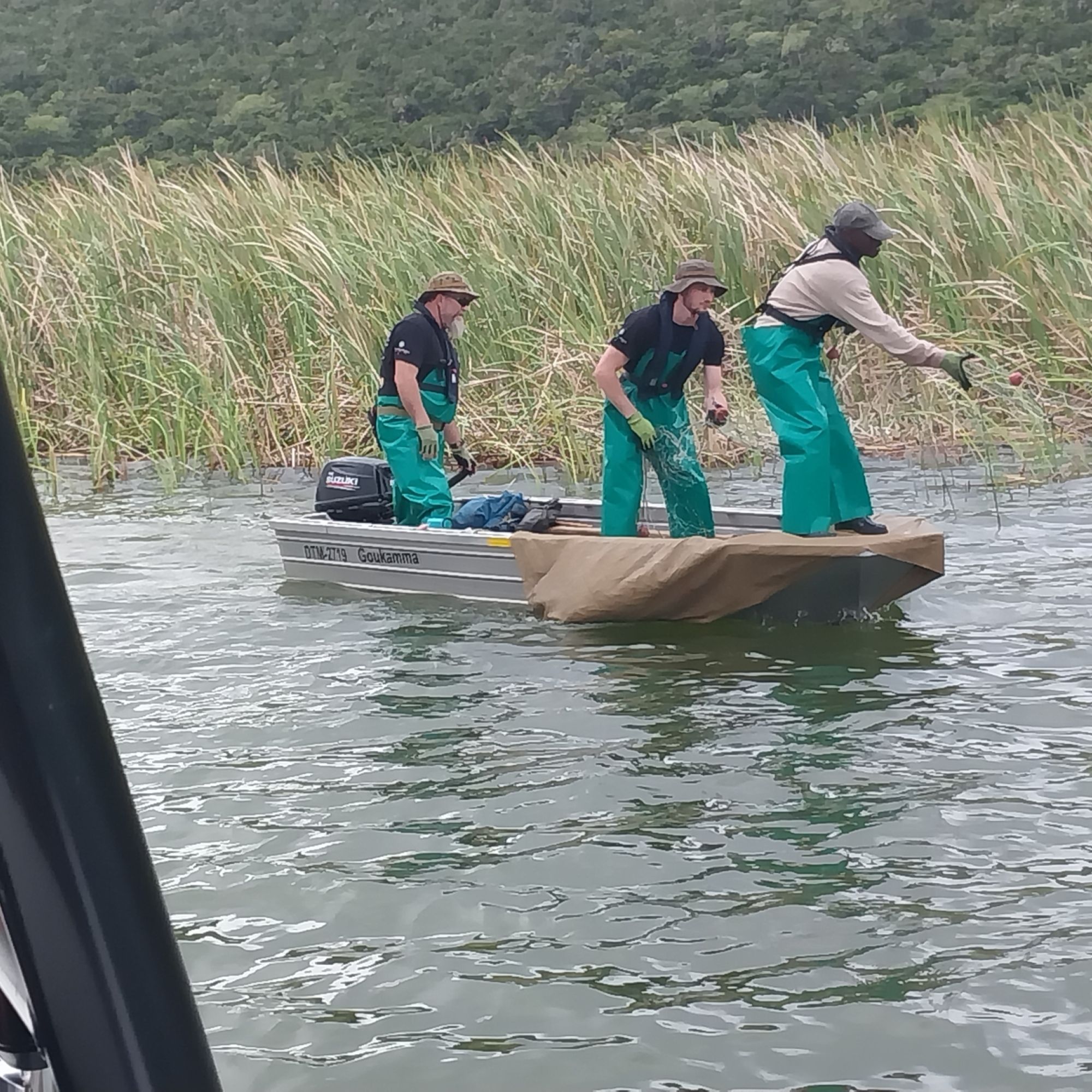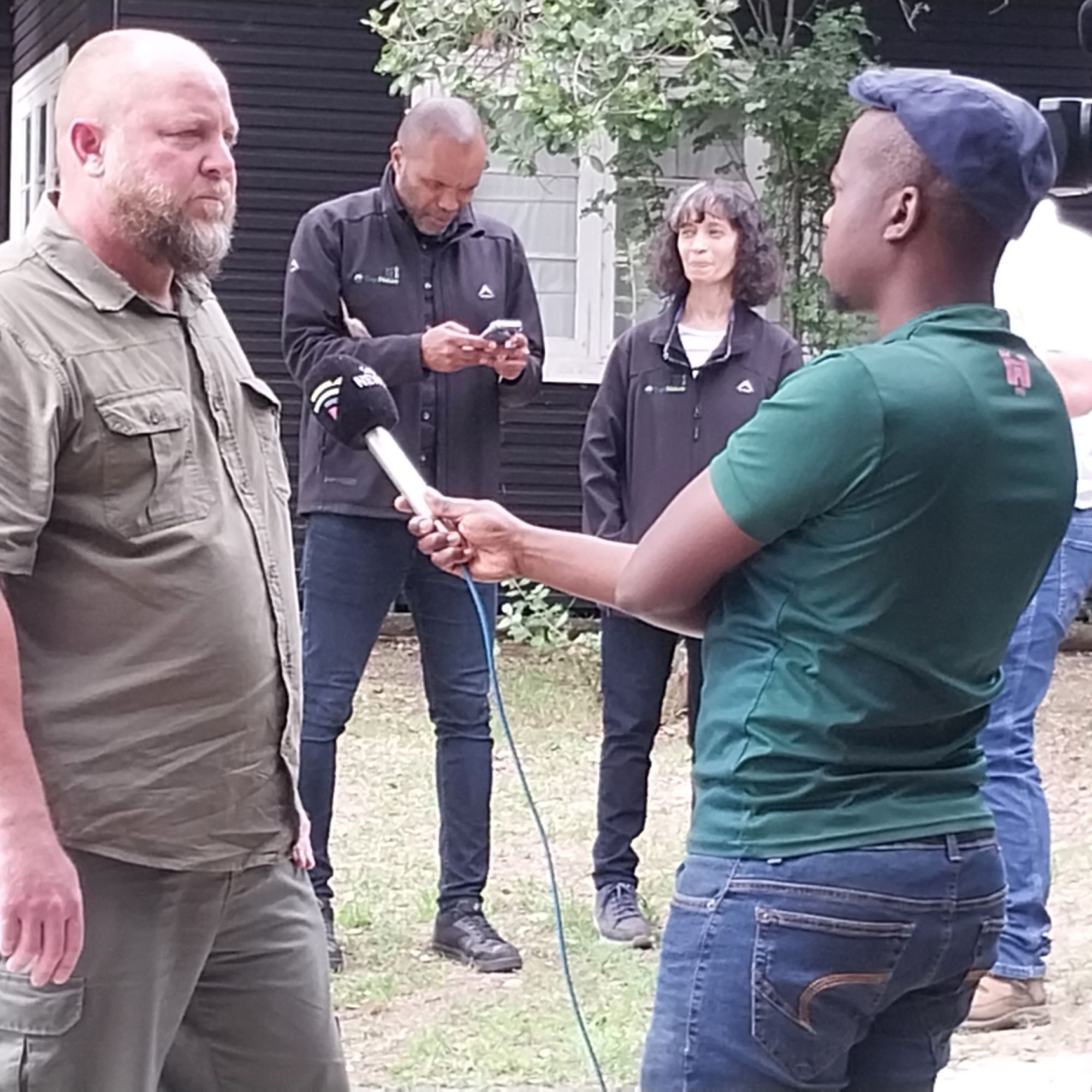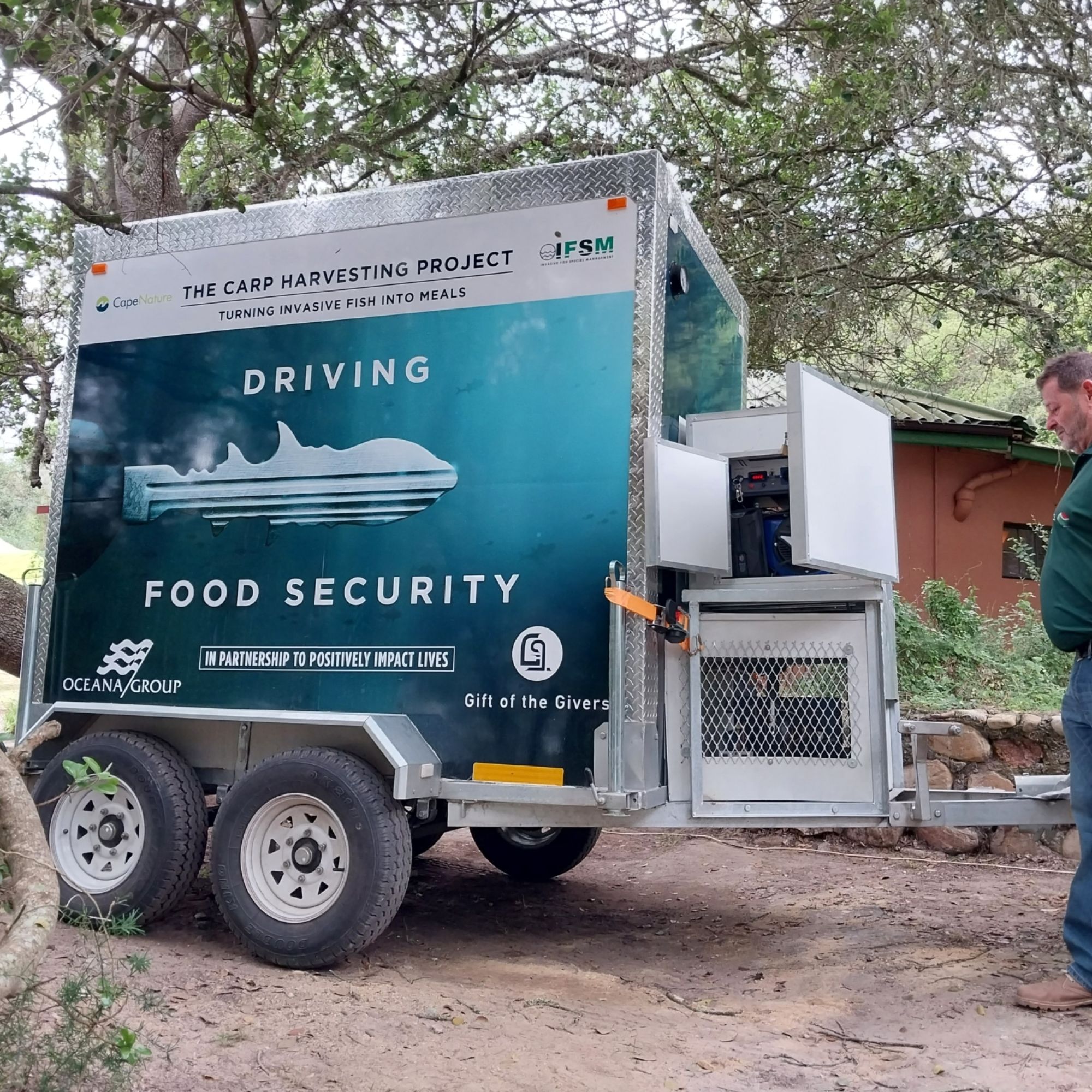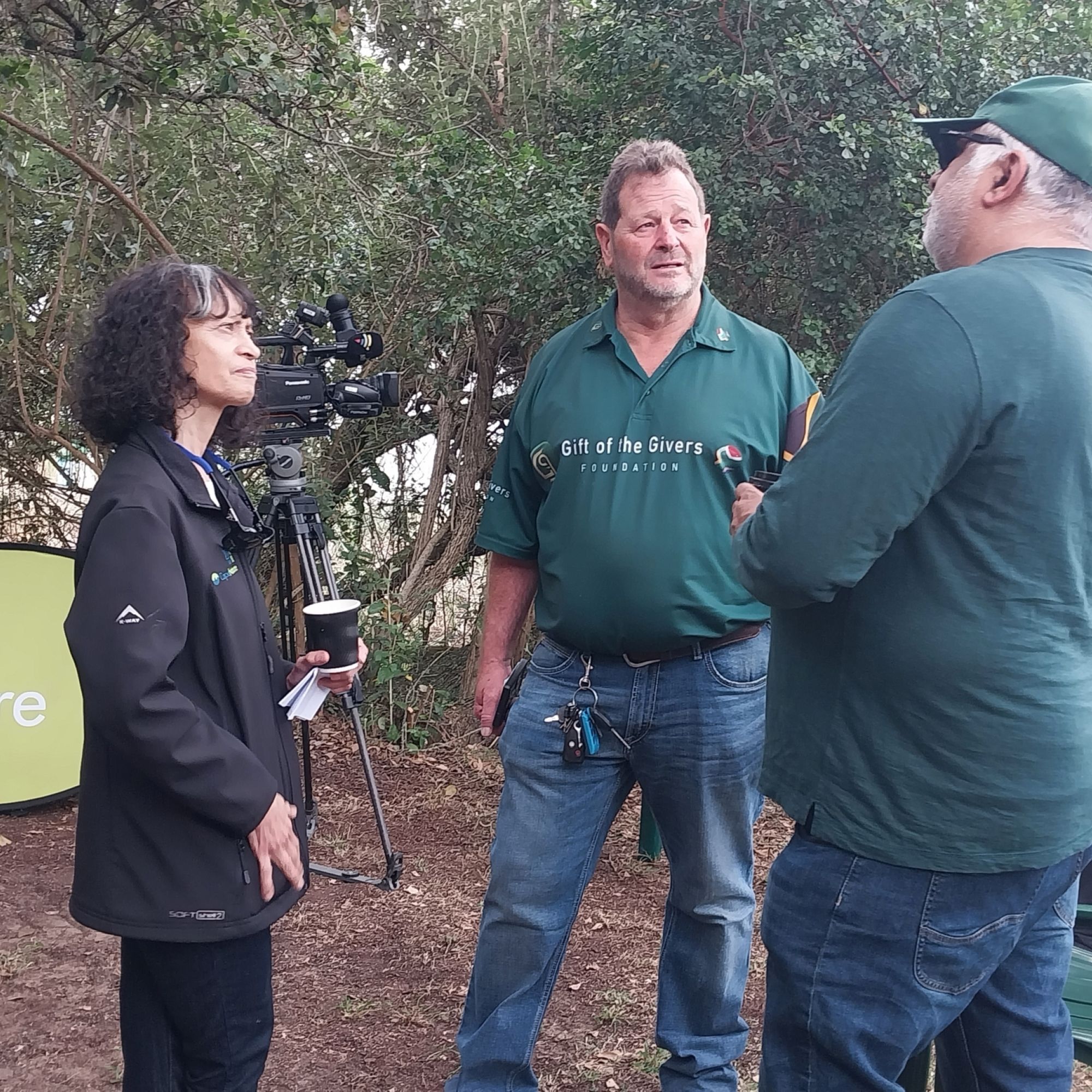
Sponsored Storage Trailer Adds to Groenvlei Carp Project
For a hungry person breakfast comes before conservation. The Groenvlei carp project aims to remove invasive carp from the system while at the same time creating a positive spin off for the communities in need.
Carp is an invasive fish species that were illegally introduced in Groenvlei near Sedgefield in the 1990s. The Groenvlei lake is the ideal environment for the carp and as a result the carp have increased to the extent where they are causing ecological degradation to this unique freshwater lake.

In 2018 a concerned resident from Sedgefield approached CapeNature with a proposal to remove the carp. Initially the carp were utilized as organic compost. During the Covid-19 pandemic the possibility of utilizing the carp as a food source were investigated with the project expanding with the assistance of partners, Invasive Fish Species Management and Gift of the Givers.
The carp removal techniques were also adapted and refined during the carp removal with various types of fishing nets being utilized. Some of the fishing nets and other equipment were also sponsored to Invasive Fish Species management by members of the public which assisted with the removal of 7856.61 kg of carp supplied to the community as a food source.
On 30 September 2022 the global fishing company Oceana joined the initiative by sponsoring a refrigerated trailer which will assist with the distribution of the carp. Gift of the Givers has also contributed with additional operational funding to secure the sustainability of the project.
The Oceana corporate and regulatory affairs head Zodwa Velleman said the company's decision to get involved was an easy one. "Our brand promise is to positively impact lives, and food security is integral to what we do as a business.


Gift of the Givers founder Dr Imtiaz Sooliman stated that project had been launched with the aim of confronting two major problems. It addresses the problem of invasive carp while simultaneously providing relief to disadvantaged communities in need.
CapeNature CEO Razeena Omar thanked all the partners as well as the public that have contributed to this very successful project. She stated that the project creates a win-win situation as it promotes biodiversity conservation and benefits to the community by removing the carp to feed hungry people.





